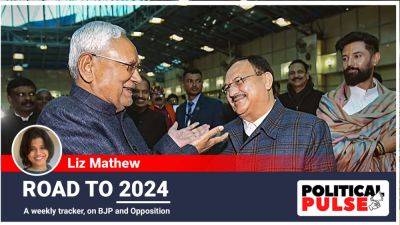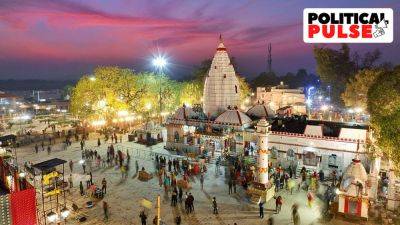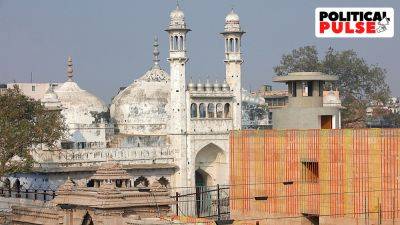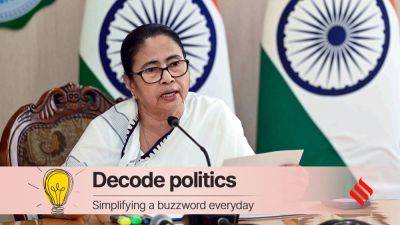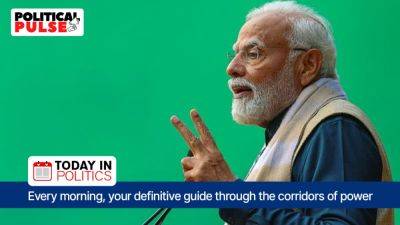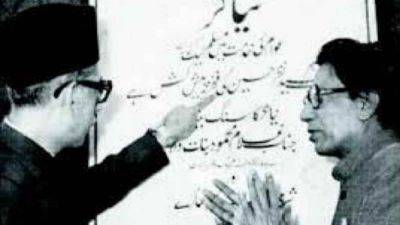The Congress role in Ram Mandir movement: 1949 to 1980s, how the party failed to speak in one voice
A couple of months before the Congress officially refused to attend the consecration ceremony of the Ram Temple in Ayodhya on January 22, the party’s Madhya Pradesh chief ministerial candidate Kamal Nath told The Indian Express in November that Rajiv Gandhi was the one to get the locks of the Babri Masjid opened in the mid-1980s. This sounded like pandering to Hindus and revealed the inability of the party to speak in one voice on the Ram temple question. However, this confusion isn’t new.
The Congress has spoken in different voices on the matter ever since a Ram Lalla idol was surreptitiously placed inside the Babri Masjid on the night of December 22-23, 1949. That night, a person named Abhiram Das quietly went inside the mosque just before the shift of the guards was about to change and placed the idol there. District Magistrate K K K Nair sent a much-delayed message to the UP Chief Secretary and received the reply that the status quo should be maintained and the idol should not be removed.
It was Prime Minister Jawaharlal Nehru who in 1950 pressured the state government led by Govind Ballabh Pant of the Congress to remove the idol. Yet, the Congress was unable to speak in one voice. The Congress MLA from Faizabad was Baba Raghav Das, an ascetic handpicked by the CM who defeated socialist Acharya Narendra Dev in an Assembly by-election in 1948. Das threatened to resign from the Assembly and the party if the idol was removed, Nilanjan Mukhopadhyay writes in his 2021 book The Demolition And The Verdict.
Nair argued against the removal of the idol and said he should be replaced by another officer if the government wanted it removed. His opinion was accepted and the Masjid was attached and placed under the control of the


